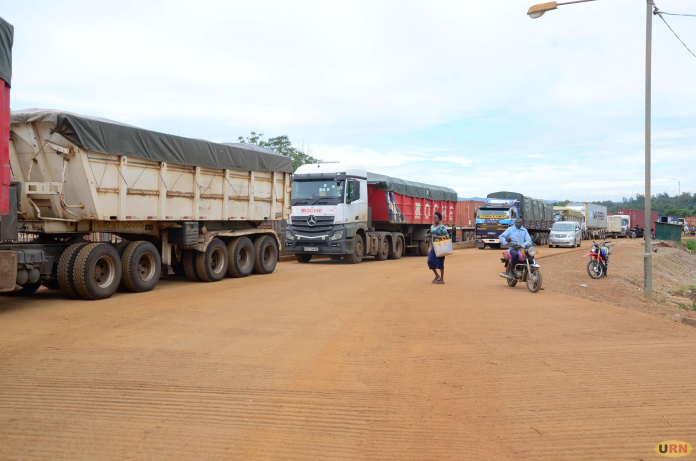Many African states have closed their borders due to COVID-19. The movement of goods continues, albeit slowly. For people, transiting countries is difficult and the consequences for workers and small businesses are dire.
2020 should be the year of open borders in Africa. After years of negotiations, the concrete implementation of the African Free Trade Area (AfCFTA) was finally on the agenda. The common African passport was also to become a reality this year.
But then came the coronavirus pandemic — and 43 of the 54 states in Africa closed their borders as a result. This figure was published by the Africa Centre for Disease Control and Prevention (Africa CDC) in early April.
It is true that many countries allow goods to pass through, at least partially. However, the consequences for the continent, especially the long-term effects, can hardly be estimated. The African Union warns that border closures for people and goods could have a “devastating effect on the health, economy and social stability of many African states” that rely on trade with neighbors.
This danger is quickly becoming a reality. Earlier this month, the GAVI vaccine alliance warned that vaccines are running out in some African countries due to border closures and restricted air traffic. Although GAVI says the problem has now been resolved, the example shows how much health care on the continent also depends on porous borders.
Africa thrives on mobility
The restricted transportation of goods is only one of the negative outcomes of border closures Africa is heavily dependent on the mobility of its workforce, explains to Robert Kappel, Professor Emeritus of the Institute for African Studies at the University of Leipzig. But right now, that workforce is stuck in place.
“Mobility is part of everyday life for most Africans,” Kappel told DW. “You go somewhere else for a while, work, earn income and send it to your family, acquire and bring back skills, create networks across borders,” Kappel said. The economist is certain that the longer mobility is restricted, the more African states will suffer from reduced economic growth. Read more…



